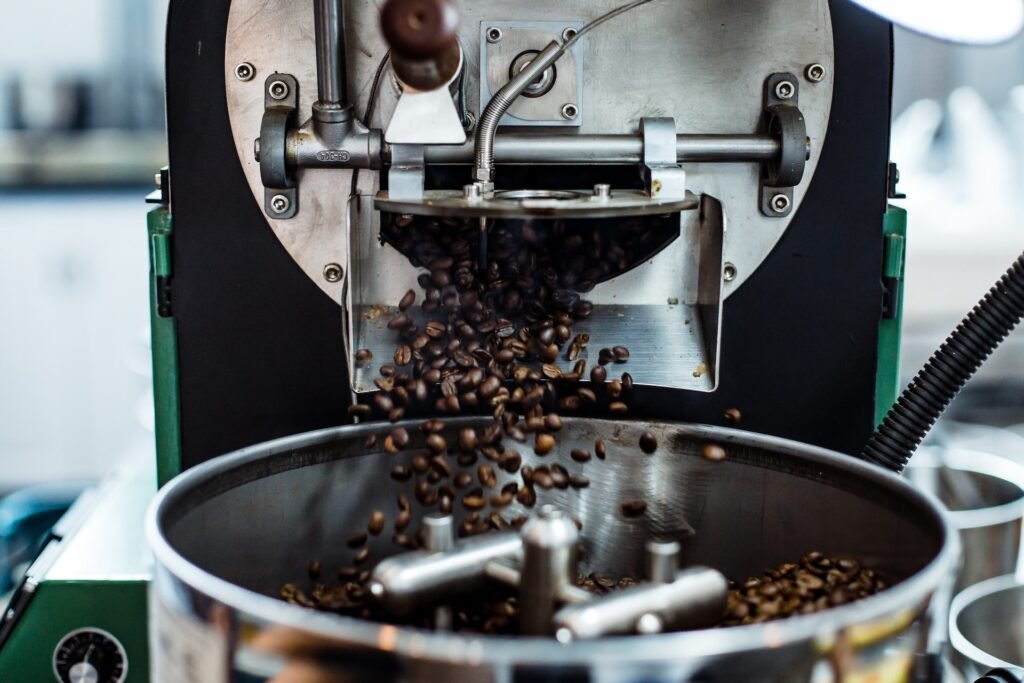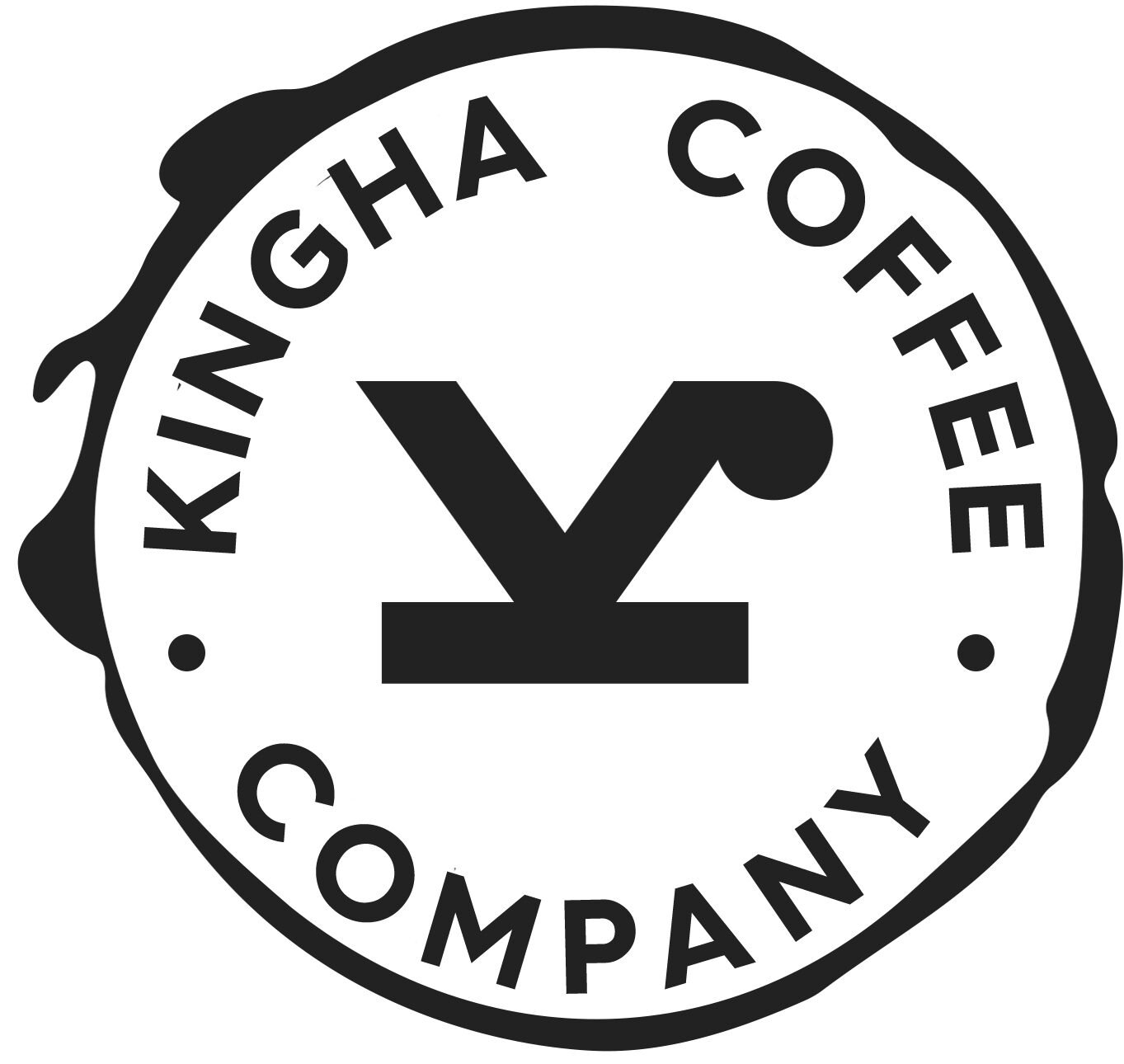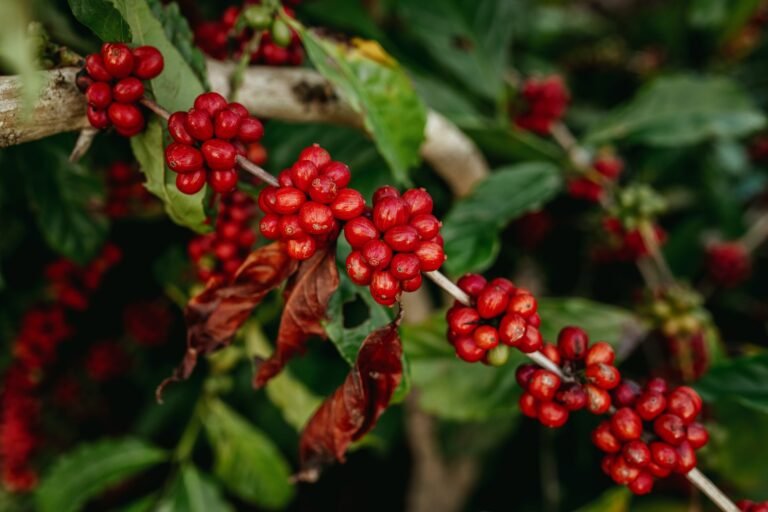When it comes to identifying the best African coffee, there are a number of things that you need to pay attention to. After all, not all coffee is grown responsibly with sustainability and quality in mind. You also need to pay attention to a coffee’s origin story to ensure that you’re not exploiting unfair working conditions on the continent.
So, with that in mind, what should you look for in coffee beans in Africa? How do you identify the best African coffee? Here are some important aspects of quality control that you should always think about before investing in a coffee brand.
Bean variety
First and foremost, what variety is the coffee bean in question? There are 120 different varieties of coffee grown around the world. But there are two main varieties that typically find their way to the North American market – Arabica and Robusta.
In most instances, Arabica coffee is of a higher quality and nicer taste profile than Robusta (though there are exceptions to this rule). At Kingha, we grow high-grade Arabica coffee in the areas surrounding Bwindi National Park.
We invest a lot of time (and money!) into ensuring that our Arabica coffee is sustainably grown to extremely high standards. So, whether you drink Kingha or another African coffee brand, make sure you consider the bean variety and do a little bit of research into the story behind the coffee bean that you’re buying.
Processing method
The way that a coffee bean is processed is also important in terms of its quality. Depending on who you speak to, there are four coffee processing methods – natural (sometimes called dry), washed, wet hulled, and honey processed.
While there are pros and cons to each method, it’s helpful to discover how a bean’s processing method influences its taste. Many coffee professionals agree that the way that a bean is processed has a huge impact on the final taste profile of the bean.
We utilize a washed process method at Kingha, which is regarded as the most consistent in the specialty coffee industry. Essentially, it’s an effective way of removing unripe floaters from the harvest, ensuring that our final product is clean, rich, and flavoursome.
Company ethics
As well as the quality of coffee beans in Africa, you need to think about the ethics of the company that you’re buying from. In the coffee world, you will come across a host of labels that initially suggest morality and sustainability – Fairtrade, Rainforest Alliance, and Certified Organic being just three.
But if you care about the impact that coffee has on the environment and the people who grow it, it’s helpful to look past the labels. What does the coffee company actually do to ensure that their coffee is ethical?
At Kingha, for instance, we invest heavily in the communities in which our coffee is grown. Since 2015, we have partnered with more than 1,000 farmers to provide free training and agricultural education programs. This helps them to produce great coffee year after year. We also pay above market rate for the coffee that we buy from our partners.
It’s easy for a company to put a label on their coffee and think no more about it, but real ethical coffee goes beyond such labelling and actually contributes positively to the communities where it comes from. For us, this is the most important aspect of our work in Uganda.
Roast & grind

As well as thinking about the journey that the best African coffee takes in its country of origin, you also need to think about how it’s roasted. Like the processing, the method of roasting is hugely influential in the way that a coffee tastes.
Fundamentally, there are four different types of roast:
- Light
- Medium
- Medium-dark
- Dark
It’s fair to say that one type of roast isn’t necessarily better than another and the type of roast that you opt for depends on your taste profile. For instance, if you like light, floral notes in your morning cup of coffee, a light roast will work better for you than a dark roast.
Before drinking the best African coffee beans, you need to think about how to grind them, be it for espresso, plunger, or filter, for instance. You can order some coffee pre-ground, but we recommend doing it yourself. This means that you can preserve a coffee right up until you’re ready to drink it, delivering a fresh & delicious cup.
We’re in the exciting process of launching our very own White Rock Brewery in Canada – join our email list to receive updates so you can order the best African coffee beans directly from Kingha when we’re up and running.
Recap: What to look for in the best African coffee
The key thing to remember is that not all African coffee is created equally. If you follow the tips above and do your research into the beans that you’re planning to buy, you should be able to find and enjoy the very best coffee that the African continent has to offer.
If you would like more information about the coffee that we grow in Africa or are keen to partner with Kingha, get in touch with us today.

